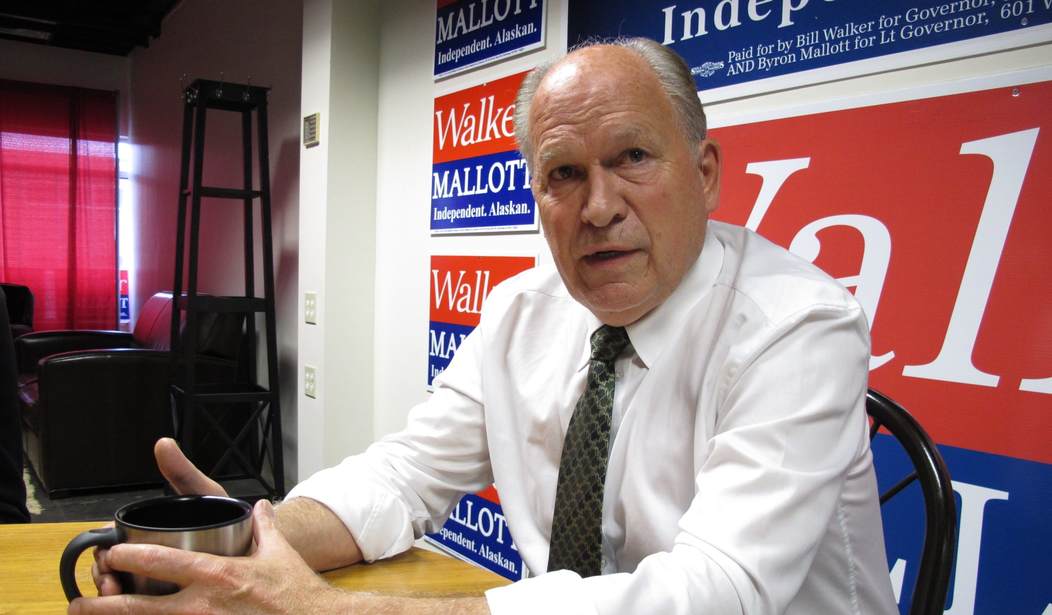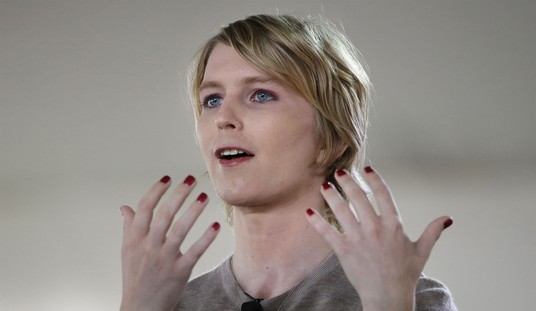Like a World War II veteran watching young men celebrating college deferments in the 1960s so they wouldn’t have to go to Vietnam, the candidate did what he had to do back in the day and now wonders why others can’t do the same.
Former Alaska Sen. Hollis French, Craig Fleener and Byron Mallott took themselves out of the 2014 election because they were afraid their presence on the ballot would split the Democratic vote and give the election to Republican incumbent Gov. Sean Parnell.
French, Fleener and Mallott decided they’d rather see independent candidate Bill Walker win. So Mallott became Walker’s running mate. Fleener and French, who had been teamed with Walker and Mallott, respectively, dropped off the ballot altogether.
Parnell was bounced out of office. Voters elected the Walker-Mallott ticket.
French didn’t get anything in return for his show of political valor. He told Anchorage Daily News columnist Charles Wohlforth there was no inside deal. No promises were made. French just felt it had to be done. So he did it.
“It was this weird, one-of-a-kind moment, and I said to myself, ‘I’m not going to do a handshake for a deal, I’m not going to do a handshake for a job,'” French said.
Four years later, Alaska voters are again faced with three gubernatorial candidates: incumbent Gov. Bill Walker, former Democratic Sen. Mark Begich, and Republican former state Sen. Mike Dunleavy.
French, other Democrats, and indie voters fear if Walker and Begich are on the November ballot, they will only split the liberal vote, in effect giving the gubernatorial election to Dunleavy.
As Wohlforth explained, Alaska has a massive group of independents, centrists who stand between the liberals of the Democratic Party and the conservative Republicans. But there are plenty of GOPers in Alaska and, if enough of them join forces, “a good conservative can poll in the mid-40s without effort.”
So, French figures either Gov. Walker or Begich should be willing to follow the example set by himself, Fleener and Mallott in 2014 and gracefully erase their names from the November ballot.
But who goes and who stays? Who falls on his sword? Who continues? It is a dilemma. French has a solution.
French wants polling firms — selected by the Walker and Begich campaigns — to conduct three voter surveys that would judge the strength of the three gubernatorial candidates. If either Walker or Begich came in third in all three polls, he would agree to drop out of the race.
“The first thing the candidates have to do is check their egos at the door,” French wrote. “Each candidate would have to pledge to abide by the results. One would be required to set his ambition aside and to support the other. One makes a sacrifice, and the center and the left join forces and march to victory.”
That almost happened in August. But as Al Gore and Hillary Clinton will attest, almost is never good enough in politics.
Not only does he vow to stay on the ballot, but Begich also doesn’t even want to talk about Hollis French’s proposal or an online petition drive — started by Gov. Walker’s supporters — that calls on him to drop out of the race.
“To be very frank with you, I’m talking about the campaign,” Begich said. “I know others want to talk about the intricacies of how much polls say this, that — I’m not interested. What I want to talk about is what Alaskans are talking about.”
Walker’s not worried about splitting the anti-GOP vote. As an independent, he said there are plenty of voters in the middle who already lean his way. Close to 57 percent of Alaska voters describe themselves as independent. Another 25 percent align with the GOP. Thirteen percent of Alaska voters are registered Democrats.
Walker believes if he can just get all the independents to vote for him, he’ll be a shoo-in. Democratic and Republican low-hanging voters will just be icing on his elective cake.
“I don’t necessarily have to toe a party line, so to speak, or stay in a party lane, so to speak. The middle is very broad,” Walker said. “We have a lot of Republican support; we have a lot of Democratic support.”
Jay Parmley, executive director of the Alaska Democrat Party, said his party can put up as good a fight for the indie voter as can the Republicans.
“We’re always sort of fighting over the people registered independent, but who would vote either way,” Parmley said. “I don’t think they lean Republican or lean Democrat; some probably go back and forth between elections.”
Former Alaska Republican Party chairman Randy Ruedrich couldn’t be happier. He doesn’t think either Walker or Begich will offer much competition in November to Dunleavy.
“They have an incumbent governor that is kind of a Democrat,” Ruedrich said. “And they have a recently defeated U.S. senator who for some strange reason wants to go to Juneau.”
It’s not like Alaska voters are completely unaccustomed to three names on their gubernatorial election ballots. It happened in 1978 when Jay Hammond, a Republican, beat several opponents. And in 1990, the Alaska Independent Party candidate, Wally Hickel, who was also a Republican, beat a Democrat and a Republican to become Alaska’s governor.
So Gov. Walker doesn’t think Hollis French or anyone else should worry too much about three names on the ballot in November 2018. “Ultimate poll, of course,” Walker said, “will be taken on Election Day.”









Join the conversation as a VIP Member